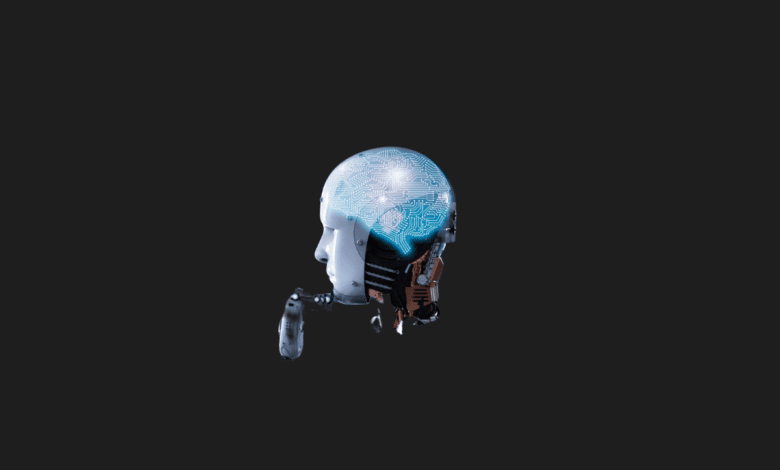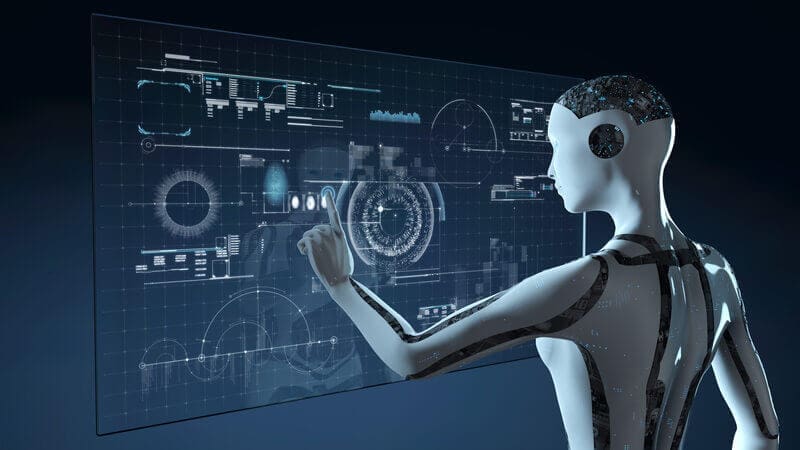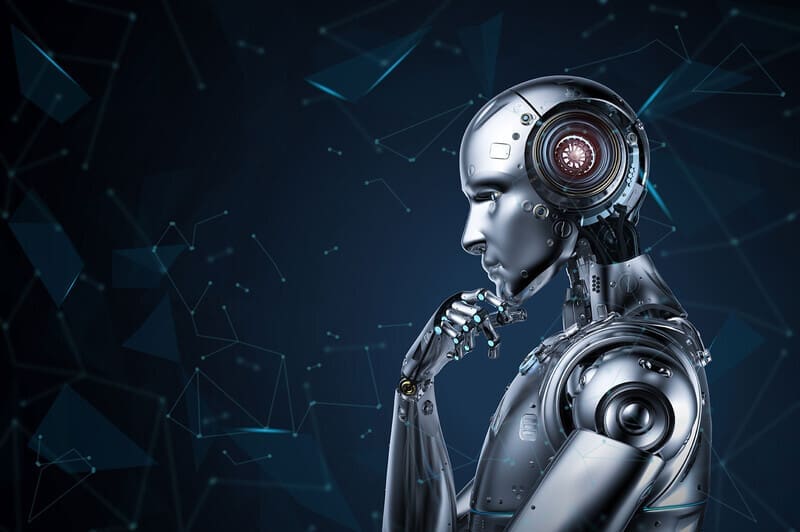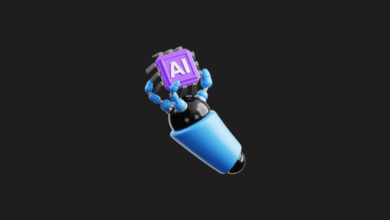
The Impact of Artificial Intelligence on the Environment
Artificial Intelligence (AI) has the potential to both positively and negatively impact the environment. The extent and nature of this impact largely depend on how AI technologies are developed, implemented, and utilized. Here’s a breakdown of the potential impacts:
Positive Impacts:


Resource Efficiency: AI can optimize processes in manufacturing, agriculture, and energy sectors, leading to reduced waste and more efficient use of resources.
Climate Modeling: AI can enhance the accuracy of climate models, helping us better understand and predict climate change and its impacts.
Conservation Efforts: AI-driven monitoring can help in tracking endangered species, detecting poaching activities, or identifying deforestation in real-time.
Energy Consumption: AI algorithms can optimize energy usage in data centers, smart grids, and homes, potentially saving vast amounts of electricity.
Pollution Control: AI can be used to monitor and control air and water pollution, predicting outbreaks and helping authorities take pre-emptive measures.
Recycling: AI-driven robots can sort and recycle waste more efficiently than humans, increasing the rate of recycling and reducing the amount of waste sent to landfills.
Agricultural Efficiency: AI can optimize irrigation, predict diseases, and reduce the use of pesticides, leading to sustainable farming practices.
Renewable Energy: AI can optimize the operation and maintenance of renewable energy installations, like wind turbines and solar panels, improving their efficiency.
Negative Impacts:


E-waste: The rapid development and deployment of AI technologies can lead to increasing electronic waste if older electronics are discarded without proper recycling.
Energy Consumption: Training advanced AI models, especially deep learning models, can consume vast amounts of energy, equivalent to the energy consumption of small countries in some cases.
Economic Displacement: While not directly an environmental impact, the economic displacement caused by AI could lead to socio-economic issues, which in turn can impact the environment. For example, displaced workers from traditional industries might turn to environmentally damaging activities for subsistence.
Unintended Consequences: AIs, if not properly programmed or if they malfunction, could take actions that harm the environment. For instance, an AI designed to eradicate pests might also affect beneficial insects, disrupting local ecosystems.
Resource Extraction: The increased demand for hardware to support AI operations might lead to intensified mining for metals and minerals, which can have environmental consequences.
Balancing Act:


To ensure AI benefits the environment, there needs to be a balance. Policymakers, technologists, and environmentalists need to work collaboratively to guide the development and application of AI. Best practices, regulations, and ethical considerations need to be in place to maximize the positive impacts and minimize the negative ones.
You may also like this content
Follow us on TWITTER (X) and be instantly informed about the latest developments…








